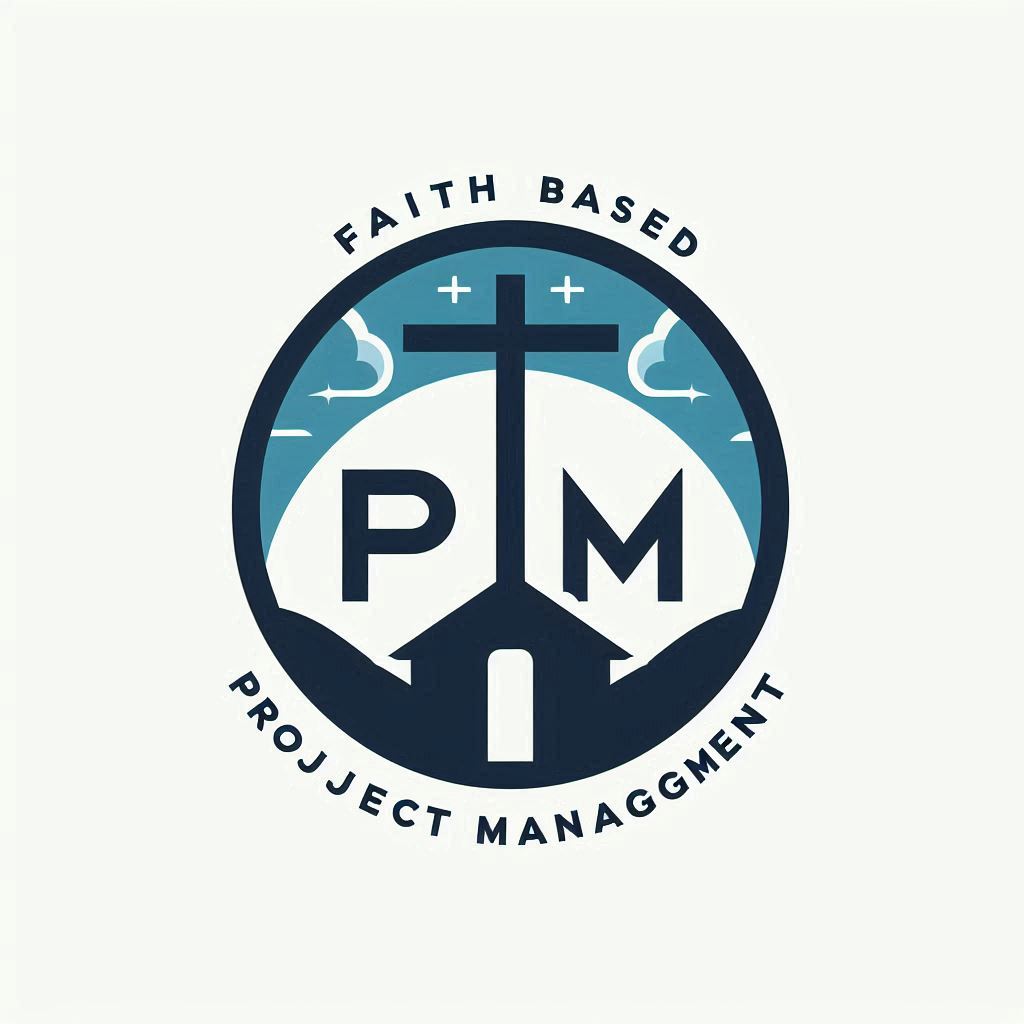Ethical dilemmas pop up all the time in project management, especially in faith-based organizations where values might influence decisions. Understanding these dilemmas starts by defining just what makes something an ethical issue. In simple terms, it’s a situation where the ‘right’ decision isn’t crystal clear, and it seems like there’s something to lose, no matter which way you go.
Project managers often face a tangled web of challenges. These can range from deciding which projects to prioritize when funds are tight, to maintaining fairness in decisions that affect diverse groups of stakeholders. Sometimes it’s about who gets hired for a job or how resources get spread across different initiatives. In faith-based setups, these decisions need extra sensitivity to the values and beliefs that are integral to the organization’s mission.
To bring this to life, consider a project manager who’s tasked with deciding whether to allocate more funds to a well-established project or a new initiative that hasn’t proven itself yet. The decision isn’t just financial; it might impact the future credibility of the organization, relationships with donors, and the trust of the community. Each choice comes with its own set of risks and benefits.
There’s no shortage of real-world examples where ethical dilemmas have influenced project outcomes. Maybe you’ve heard of a case where a leader had to choose between cutting corners to meet deadlines or risking project delays by adhering strictly to ethical guidelines. The impact of such decisions can ripple out, affecting stakeholders far beyond the immediate team.
What can help project managers in these tight spots are ethical frameworks and guidelines. These act like a compass, offering direction when the path seems foggy. Such tools aren’t about providing the answers but giving you a foundation to weigh your options more clearly. They focus on evaluating the consequences of different decisions and guiding managers towards choices that align with their values and the overarching goals of their organizations.
Navigating Conflicts of Interest and Resource Allocation
Conflicts of interest in project management can turn smooth sailing into turbulent waters. They occur when personal interests could cloud professional judgment. Being aware of these situations ahead of time is crucial. It’s about building systems where transparency wins, like reporting structures that illuminate potential conflicts early on.
Project managers should strive for neutrality. It starts with acknowledging biases, then working actively to counteract them. Encouraging a culture where team members feel safe to speak up can catch potential pitfalls before they become problems. Neutrality isn’t about being indecisive, but about making informed, balanced decisions.
When it comes to resource allocation, fairness might be subjective, but striving for it is essential. Consider this: You’ve got several projects vying for limited funds. A fair approach means evaluating each project’s merits and alignment with organizational goals. It’s more about strategy and less about playing favorites.
Resource allocation isn’t all numbers and charts. It’s about supporting projects in ways that reflect the organization’s mission and values. Sometimes, this means some projects get more support than others, but that doesn’t equate to unequal treatment; it’s more about strategic alignment with what the organization stands for.
Practical, real-world examples often provide the best insight. Think about past projects you’ve been a part of. What went right with resource allocation? What didn’t? Learning from these instances can shape future strategies. Documenting and analyzing these experiences provide invaluable lessons for future scenarios.
In faith-based projects, resource conflicts might also touch on deeper ethical and philosophical debates. Staying clear on the organization’s values helps guide these conversations, ensuring the allocation not only serves practical purposes but also aligns spiritually and ethically.
Engaging with those directly impacted by these decisions, be it through consultations or feedback sessions, offers another layer of insight. Listening to the voices of stakeholders provides the cultural and contextual understanding necessary to make informed, ethical choices.
Prioritizing Transparency, Accountability, and Cultural Sensitivity
Transparency and accountability are the lifeblood of ethical project management. Keeping processes clear and straightforward helps in building trust with stakeholders. It involves sharing information about project progress and finances openly, which reassures everyone involved that activities are above board.
Effective communication plays a huge role in maintaining transparency. Establishing regular updates and feedback channels creates a space where stakeholders feel included and informed. It’s about making sure everyone is on the same page, reducing misunderstandings and potential friction.
Cultural sensitivity, especially in diverse teams or faith-based organizations, cannot be understated. Understanding and respecting cultural norms and values can make or break a project’s success. It’s crucial to engage with community members to learn how best to implement initiatives in a culturally appropriate manner.
Choosing who benefits from a project should be a fair and unbiased process. Clear criteria for beneficiary selection must be established and communicated right from the start. This ensures that choices are understood and accepted, minimizing grievances and promoting equity.
Data privacy and confidentiality are growing concerns in today’s project environments. Protecting the personal information of participants must be a top priority, prioritizing secure data management practices. This is not just an ethical obligation but also a way to maintain the trust and confidence of those involved.
Balancing personal relationships within the project’s structure is tricky. Avoiding dual relationships where personal connections could sway project outcomes is crucial. It’s about maintaining professionalism while still engaging with empathy and respect.
These elements work together to create a project environment enriched with trust and respect. Maintaining this balance ensures not only the success of the project but also the satisfaction of all stakeholders involved, ultimately leading to more meaningful and impactful project outcomes.
